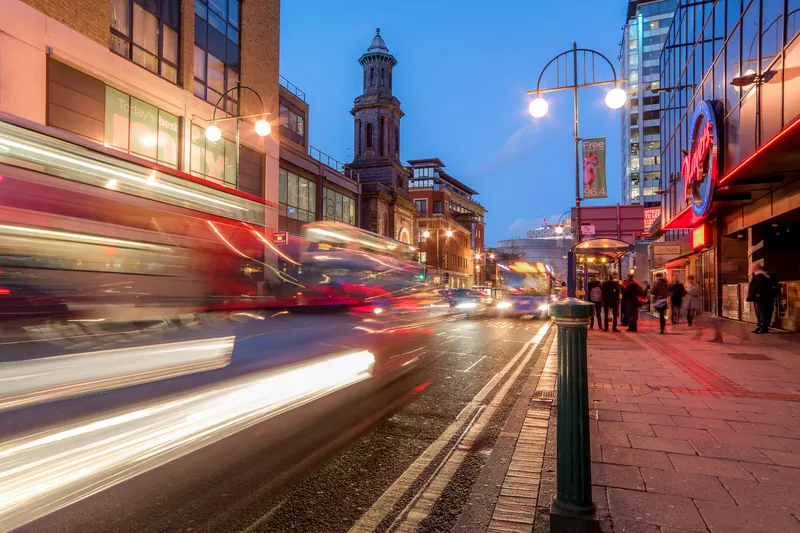
The UK's West Midlands Combined Authority (WMCA) is cooperating with a Malaysian government body in transport technology and smart cities development over the next three years.
The Memorandum of Understanding with Iskandar Regional Development Authority (IRDA) will allow the West Midlands to share knowledge and lessons learned within the areas of urban and transport planning, as well as promote mutual recognition of international design standards for inclusive transport.
Transport for West Midlands (TfWM) – which is part of the WMCA – launched the regional transport coordination centre (RTCC) last January to bring together real-time information across all modes of transport in one place. It works with existing control centres around the West Midlands to provide journey information for residents, businesses and visitors.
Over time, the initiative will look to assist the RTCC in improving its coordination across public transport and road networks, as well as manage real-time congestion in the region.
Mayor of the West Midlands Andy Street says: “The RTCC provides us with the unique ability to give accurate travel information to our residents making it a wonderful facility to showcase to our visitors from Malaysia as we look to work together to further innovate transport in our regions.”
Anne Shaw, interim managing director transport for West Midlands at TfWM, says: “Transport for West Midlands is pleased to be entering into this collaboration agreement with Iskandar Regional Development Authority, and is looking forward to the mutual learning and knowledge sharing particularly regarding the roles and function of regional transport authorities that this agreement will facilitate.
“We have a track record of delivering innovative data and technical solutions, so combining their experience with the learning that IRDA are gaining from their transport innovation developments will be beneficial for both organisations.”
Charles Hay, British high commissioner to Malaysia, says: “Sustainable transport is an essential part of reaching net zero targets, and local authorities play a key role in the transition. These were among the main themes of the United Nations Climate Change Conference COP26 which the UK has just hosted. Partnerships like this will help drive climate action forward”.










